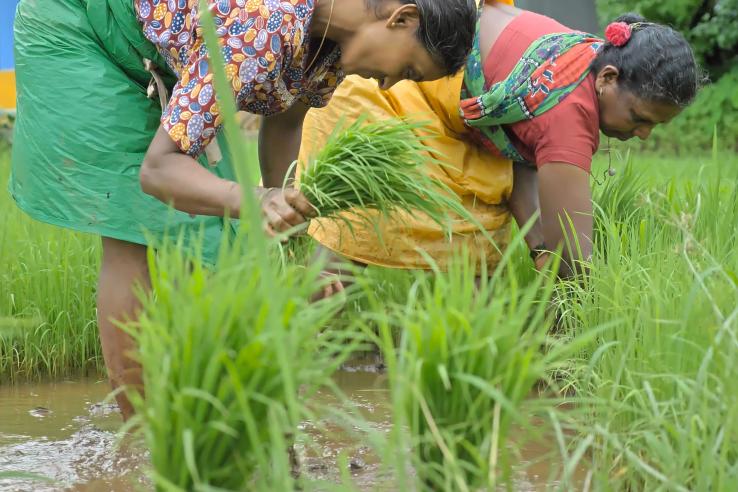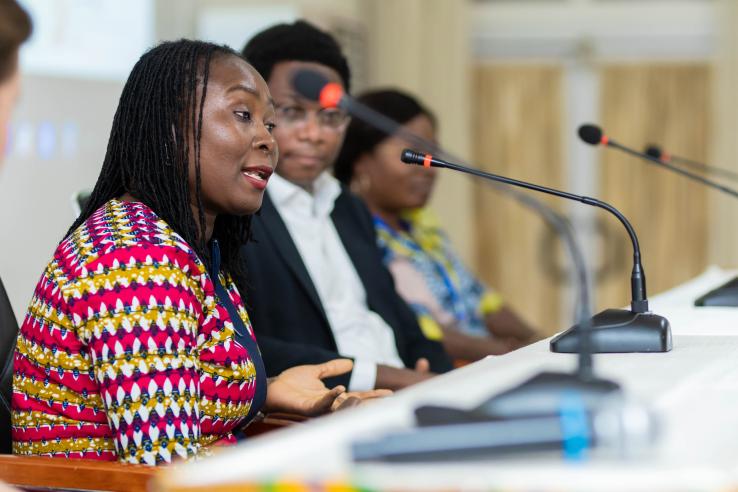Displaying 7981 - 7995 of 8474
Person
Abu Shonchoy is an Associate Professor of Economics at Florida International University. His research interests concentrate around financial inclusion, skills training, infrastructure, and education, with several ongoing evaluations in South Asia and West Africa. In addition to his academic work...
Resource
Layout Page
With fewer resources available, the bar is even higher for deciding which social sector and development programs to invest in. Evidence can help governments, funders, and implementing organizations navigate today’s challenges and make more effective and cost-effective decisions.
Resource
Layout Page
J-PAL is invested in creating more opportunities for African researchers to develop and drive the research agenda on the African continent through the use of randomized evaluations.
Blog
As rising temperatures threaten to reverse gains in the fight against poverty, communities on the frontlines need solutions that work. Since 2020, J-PAL's King Climate Action Initiative has funded research has informed policies and programs improving the lives of nearly 33 million people.
Person
Anne Kersting is a Policy Advisor at J-PAL Global, where she works on the finance and social protection sectors. As a member of the Policy group, her work includes synthesizing evidence, contributing to policy publications, and collaborating with research and implementation partners on evidence...
Person
Person
Person
Person
Rizka Diandra Firdaus is a Senior Policy and Communications Associate at J-PAL Southeast Asia. As part of the communications team, Rizka leads the production of communication materials and handles event management.
Person
Horacio Larreguy is an Associate Professor of Economics and Political Science at the Instituto Tecnológico Autónomo de México (ITAM) in Mexico City. His research interests are primarily in political economy and economic development, using both theory and empirics, with a focus on political...
Person
Jeanne Lafortune is a Full Professor in the Department of Economics at Pontificia Universidad Catolica de Chile. Her primary fields of interest are labor and development economics, with a particular interest in family economics. Her research has, among various topics, looked at how marriage markets...
Person
Kelsey Jack is the Sheth Sustainable Business Chancellor's Chair and an Associate Professor of Environmental and Development Economics at the Bren School of Environmental Science and Management at the University of California, Santa Barbara, and a Faculty Research Fellow at the NBER. Prior to...
Person
Lori Beaman is the Breen Family Professor in the Department of Economics at Northwestern University. Lori's research interests lie in development and labor economics with a focus on the role of social networks in the labor market and in agriculture, and women's economic and social mobility.
Person
Michael Kremer is the Gates Professor of Developing Societies in the Department of Economics at Harvard University. He is the Co-Recipient of the 2019 Nobel Memorial Prize in Economics with J-PAL Co-Founders Abhijit Banerjee and Esther Duflo. He was also named a Young Global Leader by the World...


